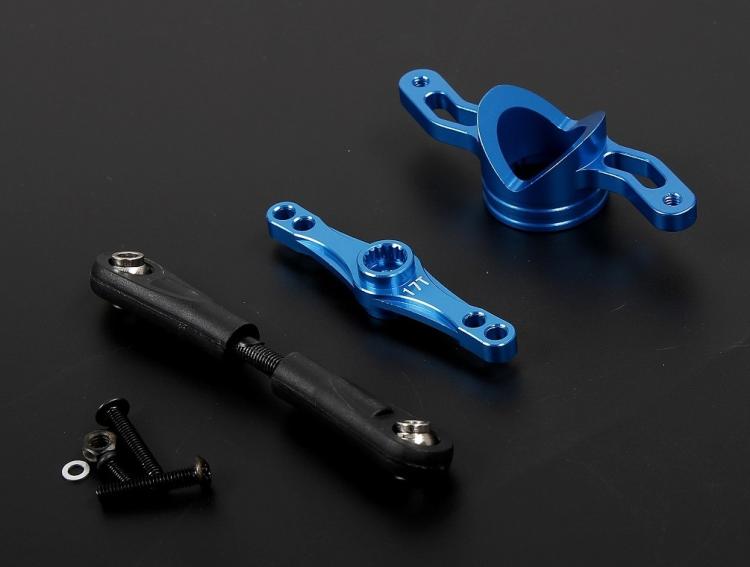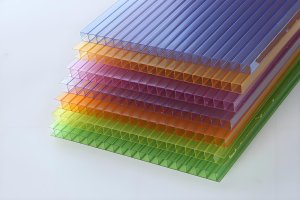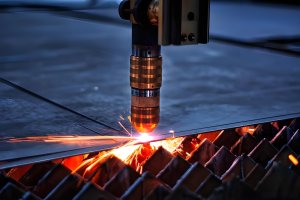If a good design is the foundation of success, finding the perfect CNC factory is the crucial next step. You have an incredible design that you’re eager to bring to life, and now it’s time to turn to a CNC factory that can transform your vision into reality. In this article, we will guide you through the process of selecting the right CNC factory for your prototype design.
Be Clear About Your Needs

Before embarking on your search for the most suitable CNC factory, it is essential to have a clear understanding of your design requirements. Start by creating detailed 2D and 3D drawings that accurately depict your design, including tolerances, materials, surface finish, and appearance features. These drawings will serve as a blueprint for the manufacturing process and provide valuable insights into the specific demands of your design. Additionally, identifying the critical tolerances upfront will help streamline the production process and ensure the desired outcome.
Four Key Considerations When Choosing a CNC Factory
1. Verification of Qualification Certificates
When evaluating potential CNC factories, one of the first things to look for is their qualification certificates. Avoid choosing small workshops that may lack the necessary business licenses and certifications. These qualifications hold particular significance in specialized industries such as hand board model production. Opting for a CNC factory with the appropriate certifications ensures that both the service and production quality of your design are guaranteed. By aligning yourself with a qualified partner, you can rest assured that your design will receive the professional treatment it deserves.
2. Establishment Time and Size
The establishment time of a factory is an important indicator of its experience and ability to handle unexpected challenges. Longer-established factories often possess a wealth of knowledge and have developed effective solutions to tackle unforeseen circumstances. Consider the size of the factory in relation to your specific requirements. If time is of the essence and your design demands swift execution, choosing a large-scale CNC factory becomes a logical choice. These factories boast advanced technical equipment and comprehensive manufacturing capabilities, allowing them to deliver CNC machine parts more efficiently compared to smaller hand board factories with limited personnel. It is crucial to coordinate the final delivery timeline based on your own research and development progress to ensure timely completion.
3. Evaluation of Technicians and Equipment
The competence of technicians and the availability of advanced equipment are vital aspects to consider when selecting a CNC factory. Look for a facility that offers a wide range of capabilities, such as CNC machining, 3D printing processing (SLA & SLS), vacuum injection, and molding. The choice of technology depends on the nature of your design. For larger parts, CNC processing is preferable due to its cost structure, which takes into account material costs, CNC labor, and surface treatment expenses. Conversely, for small parts with intricate structures, computer coding may significantly increase production time and hand board costs. In such cases, utilizing SLA (3D printing processing) can help reduce production costs while maintaining quality standards.
4. Expertise and Compatibility with Your Design Needs
Consider the specific projects that a CNC factory specializes in and evaluate whether they align with your unique requirements. For instance, suppose you plan to create an internal hollow transparent trophy. In that case, CNC processing may not be suitable due to the complexities of assembly and size constraints. Instead, the SLA process, considering the size and surface characteristics of the structure, would be a more suitable choice. It is essential to clearly articulate your needs and search for manufacturers experienced in processes that align with your design’s specific demands. By partnering with a factory well-versed in the necessary techniques, you increase the likelihood of achieving your desired outcome.
Addressing Complaints and Feedback
No CNC machining factory is immune to customer complaints. However, what distinguishes an excellent CNC machining factory is its commitment to addressing and resolving customer concerns. Customer feedback plays a pivotal role in driving continuous improvement and innovation within a CNC factory. Therefore, it is crucial to select a responsible CNC factory that values customer satisfaction. By choosing a factory that prioritizes customer feedback, you can ensure that your concerns are taken seriously and that any issues that arise will be promptly addressed.
In conclusion, selecting the right CNC factory for your prototype design is a critical step towards realizing your vision. By carefully considering factors such as qualification certificates, establishment time and size, technicians and equipment, as well as expertise and compatibility, you can make an informed decision. Remember, customer feedback and responsiveness are also crucial factors in determining the reliability of a CNC factory. By following these guidelines, you can increase the likelihood of a successful partnership with a CNC factory that will bring your design to life with precision and professionalism.
Recommended Reads:
- How to Manage Production Anomalies of CNC Prototypes
- What is Micro Milling?
- Ensuring Efficient CNC Machining in the Aerospace Industry
- The Ultimate Guide to Acquiring CNC Machined Parts
- Common Workpiece Defects in CNC Milling
Other Articles You Might Enjoy
- Precision CNC Machining of Steel: High-Volume Production
Precision CNC Machining and High-Volume Production As an integral part of modern manufacturing processes, Precision Computer Numerical Control (CNC) machining brings about unmatched accuracy and consistency in the production of…
- Prototype CNC Machining: Everything You Need to Know
The emergence of CNC machining has changed the entire manufacturing industry. This technology has been developed for more than 70 years and is now very mature. And used in various…
- Material Versatility in CNC Machining: From Titanium to Thermoplastics
Introduction to CNC Machining CNC machining stands as a cornerstone in the manufacturing sector, enabling the precise creation of parts and components. This process utilizes computer numerical control (CNC) to…






